Actor, presenter and writer, Adil Ray, who is best known for starring in the comedy series Citizen Khan that he created, was born near Birmingham on the 26th April 1974. We can find his birth registered in Solihull, West Midlands by using the records on TheGenealogist and see that his name was recorded as Raja Adil Rehman.
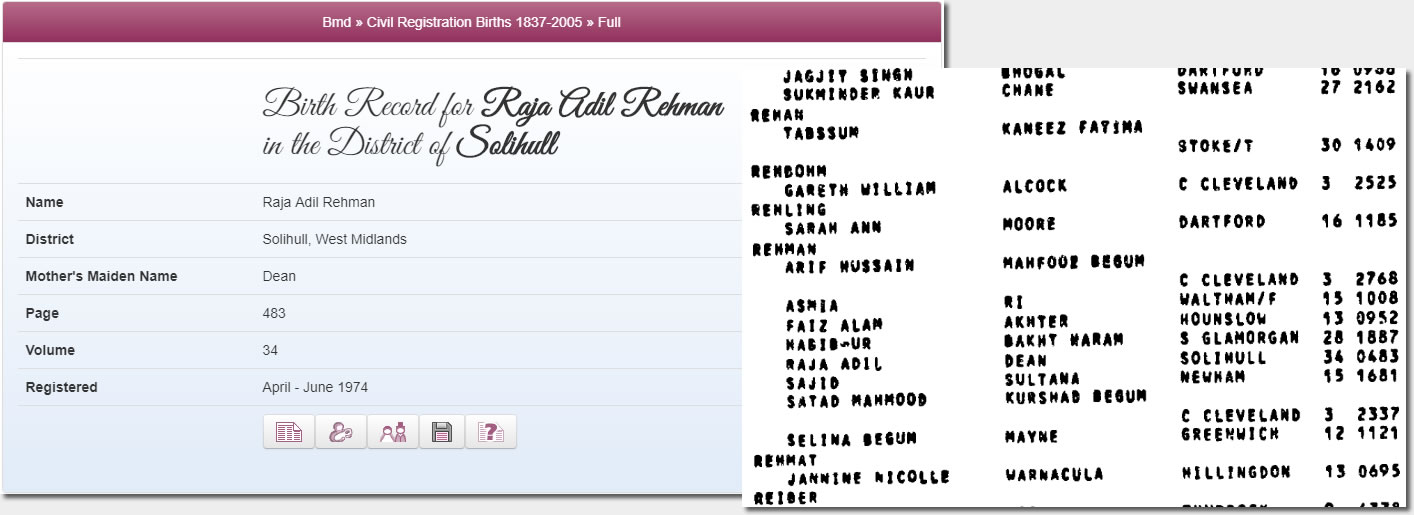
In his edition of the well loved genealogy TV series Who Do You Think You Are?, Adil is keen to find out more about his mixed Asian and African heritage. He already knows that his maternal grandparents were married in British East Africa and he wants to find out more about their lives and how they got there.
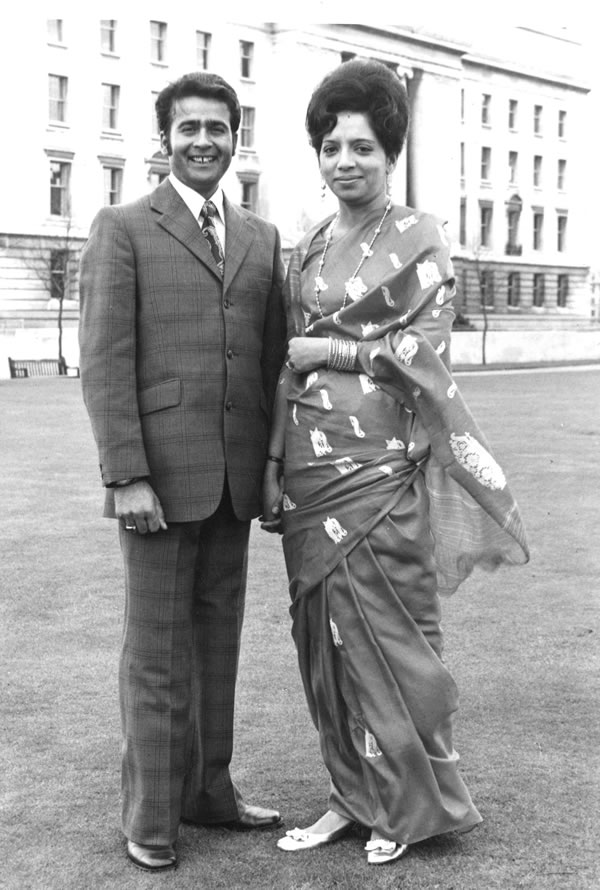
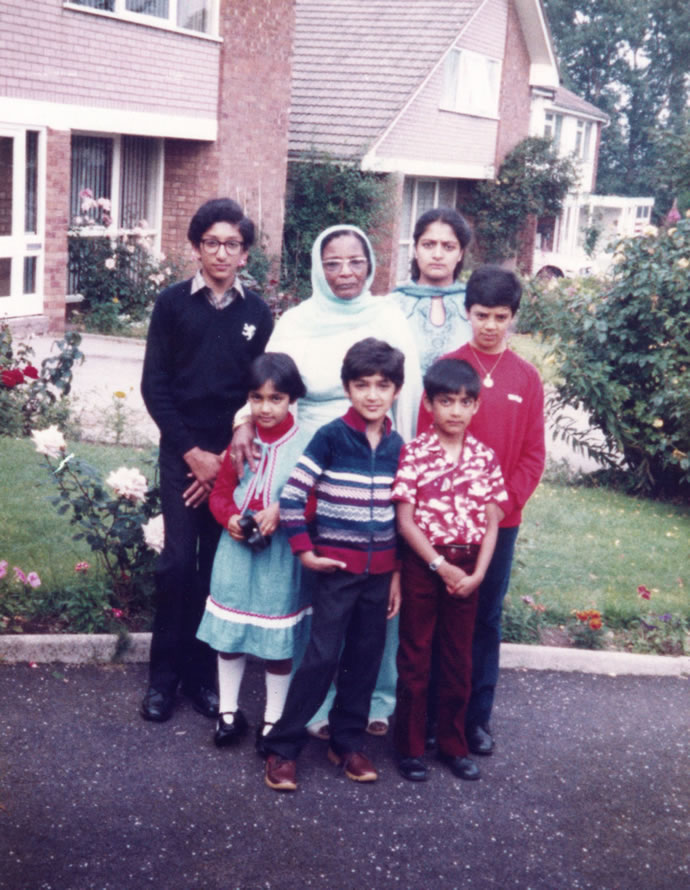
To start his investigation Adil first meets his mother Nergis in his hometown of Birmingham, and they recall stories about Adil’s grandparents. Adil’s grandfather Meraj Din was from Lahore in Pakistan in what was then colonial India and he travelled to Kisumu in the British East Africa Protectorate before it became Kenya. This was in 1911 and at that time he worked as a clerk on the railways before eventually becoming a successful businessman.
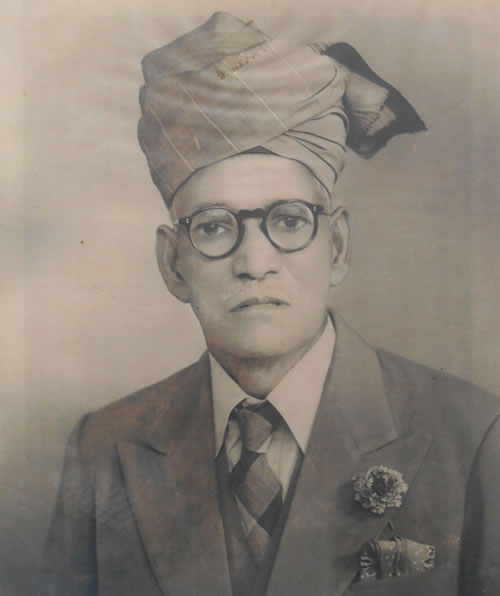
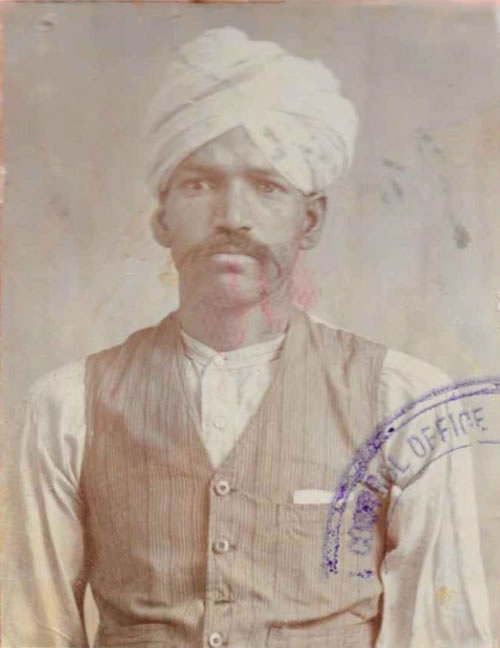
Meraj’s second wife, Adil’s grandmother Aisha, was not asian but was of African heritage. Adil has heard a family rumour that Aisha was related to the Kabaka, the king of Buganda a kingdom in Uganda.
How does a guy like him end up marrying an orphan girl who’s got African blood in her, and it turns out…not just any African blood; from what my Mum tells me, she may well be connected to the Kabaka, one of the rulers of Uganda.
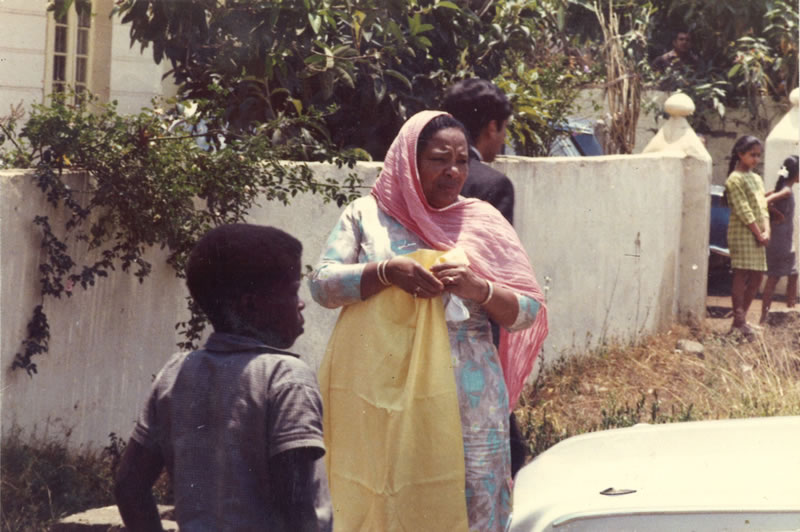
To find out more, Adil flies out to Kenya. His destination is the city of Kisumu that is situated at the end of the railway line in the interior of Kenya. His research is aided by historian Gordon Omenya Onyango who explains that Adil’s grandfather was a tinsmith and water tank seller and so was part of the Indian community of merchants and traders who helped transform Kenya. Adil is keen to find out how unusual it would have been for an Indian man like Meraj to marry a woman with African heritage like his grandmother Aisha. Gordon is able to confirm that, although not unheard of, it was unusual for Indians to marry outside their race and caste. Adil recalls hearing family stories that his grandmother had found being in a mixed marriage was difficult at the beginning.
Access Over a Billion Records
Try a four-month Diamond subscription and we’ll apply a lifetime discount making it just £44.95 (standard price £64.95). You’ll gain access to all of our exclusive record collections and unique search tools (Along with Censuses, BMDs, Wills and more), providing you with the best resources online to discover your family history story.
We’ll also give you a free 12-month subscription to Discover Your Ancestors online magazine (worth £24.99), so you can read more great Family History research articles like this!
In the early days particularly she did suffer a lot of prejudice from the Indian community and some people quite close to the family as well…it just makes me really sad
Adil is interested to discover more about what life was like for his grandparents living in Kisumu. He is able to visit the building that had once been the location for Meraj’s tinsmith shop; a mosque that his grandfather helped to fund and build; and the rather grand house that the family had built in the Indian quarter of Kisumu.
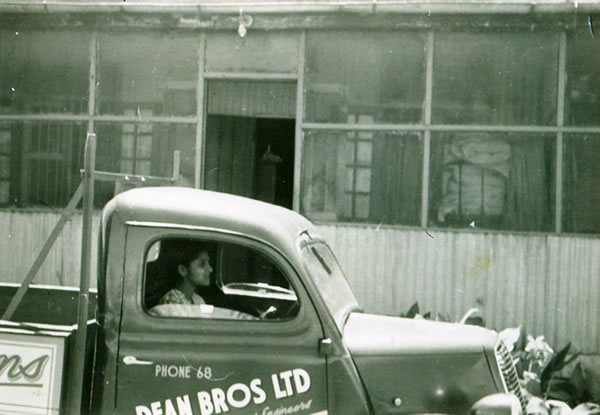
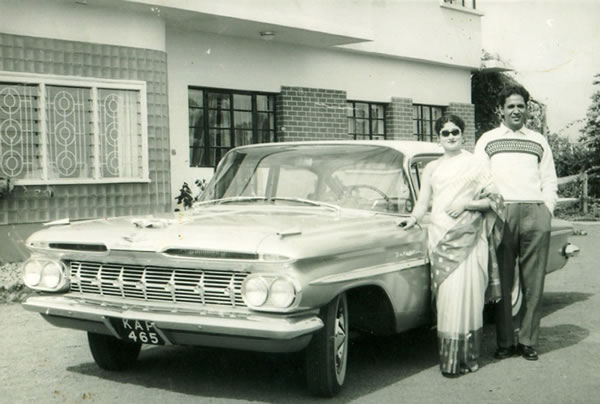
To see what information he could find on Aisha’s family and that rumoured royal heritage, Adil’s journey takes him to Uganda, not far from the capital, Kampala. Who Do You Think You Are? shows Adil on a visit to Sarah and Yudaya who are nieces of Aisha’s mother Razia (Adil’s great grandmother). They explain that Razia, a Black Ugandan woman, married Aisha’s father a trader called Moidin who they thought was of either Indian or Turkish extraction. The women explain to Adil that when Moidin died some of the people from the local Asian community came and took Aisha away from her mother Razia in order to make sure that Aisha would be raised in an Asian family. Adil is shocked and on Who Do You Think You Are? he is visibly moved when he learns about the racial prejudice his grandmother suffered.
In England I tell my family that we should be proud of our background, proud that we are African, proud that we have African blood in us.
Adil wants to know if the women are able to confirm if Razia had been related to the Kabaka. He is told that the rumour was indeed true. Razia’s grandfather, it turns out, was a chief called Kamanyiro and was the brother to the queen mother Muganzirwazza. Muganzirwazza’s son was the Kabaka Mutessa I.
Adil is then able to meet a historian named Samwiri Luniigo to find out more about Kamanyiro. Samwiri explains that Kamanyiro was a traditionalist involved in the Ugandan religious wars and that Kamanyiro stuck to his principles.
It feels like Kenya, and Uganda and Pakistan and England are all of my homes. I feel very lucky to have discovered that.
Sources:
Press Information from IJPR on behalf of the programme makers Wall to Wall Media
Extra research and record images from TheGenealogist.co.uk
BBC Images






